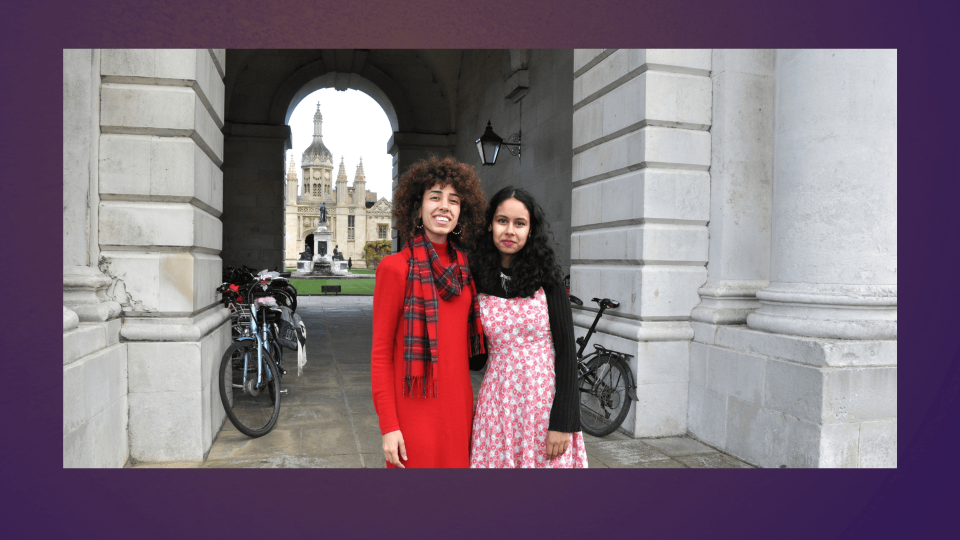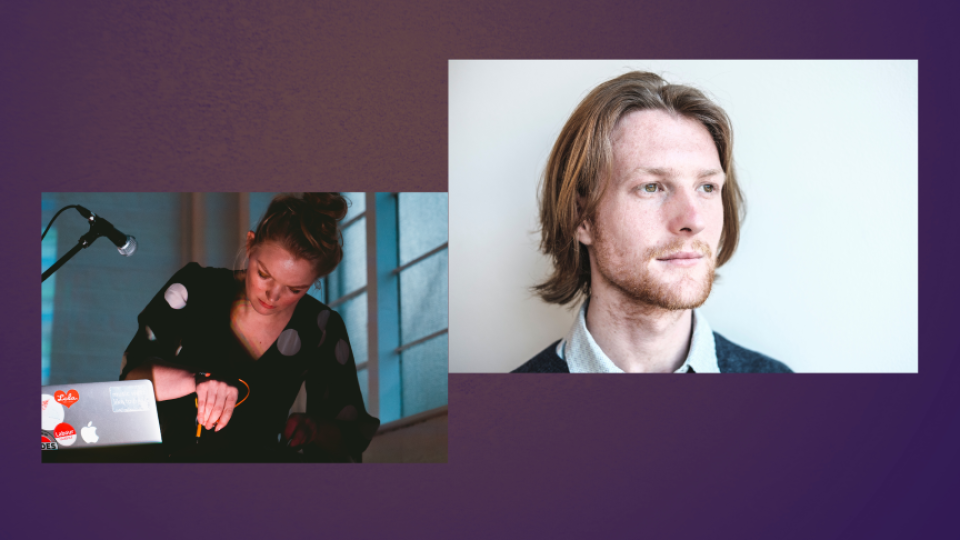For prospective students
We advise you to read the MML subject page thoroughly. The advice from the MML Director of Studies in the section below is written for our current offer holders but may also be useful in general terms, though do be aware that set texts may change from year to year.
For offer holders
All of us in Modern & Medieval Languages (MML) look forward to welcoming you to King’s. Students who come to Cambridge to start the course having done the recommended reading, and having reviewed carefully the languages they will be studying, are much more likely to handle the pressures, enjoy the experience, and excel in their work.
Language work
As you might already know, you will sit three linguistic examinations at the end of the first year in both of the languages you have chosen. Since teaching practices at sixth form level vary widely, and some of you may have done little grammar in recent years, it is advisable to prepare over the summer by reviewing basic grammar and vocabulary in both of your languages, even if you will be starting a new language here.
It would also be helpful to do some general reading in both language areas, just to keep up your skills and build confidence and fluency. Newspapers, magazines, and popular fiction are all useful in this regard.
The Oral Examinations in both languages count as half a paper each, in addition to the three written papers that are scheduled. This means that it is also imperative that you keep up your listening and speaking skills over the holidays by travelling in the countries in question, or by listening frequently to radio broadcasts (from the web), television and movies, or special linguistic tapes designed to build your skills.
Starting a language from scratch
If you intend to begin a new language from scratch, please note that departments expect that you will already have covered much of the basic grammar and vocabulary on your own by the time that you arrive in Cambridge to start the MML course. These beginner courses move very, very quickly and if you expect to absorb from scratch the vast amount of material they present in one term, you will soon find yourself overwhelmed.
Those students who do well in their ab initio languages are invariably those who have spent the time learning basic grammar and vocabulary before arriving in Cambridge. I would therefore urge you to do a language course before you arrive in October if you are doing an ab initio language and to do a longer course, or course of private study, or seek work in a country in which the language is spoken, if you are doing a gap year. Do get in touch if you want to discuss any of this.
Literature and Linguistics
In addition to the Language Papers, you will be sitting another paper in the broad areas of literature and linguistics (history, thought, film and culture of all kinds may also be included). Most of you will have done no linguistics and little literature in sixth form. You will find at the bottom of this page a set of links to Faculty information and reading lists for these papers.
It is essential that you have already read the set texts when you arrive to start the course. A first reading of all of the texts will ensure that you understand the lectures in the first term and allow you to formulate ideas for essays even before the topics are announced. You will find that the pace at Cambridge is rapid and anything you can do to ensure that you are prepared in advance will ultimately reduce the amount of pressure you feel once here.
The literary works should have been read once through before arriving so that you can then re-read them over the course of the first term, paying attention to points covered in lectures. Though you will eventually be expected to read the earlier works (medieval and renaissance) in the original language, you should, on a first reading, work from modern translations.
We do hope that none of this preparation advice sounds too forbidding. It is actually meant to make the experience of being a first-year language student more enjoyable and more profitable. You will have so many new challenges to face once the term begins that you will not have time to undertake the type of intensive revision that I am recommending. This is your chance.
Best wishes for the end of the year, for success in your exams and a good summer and we look forward to meeting you all again in October.





